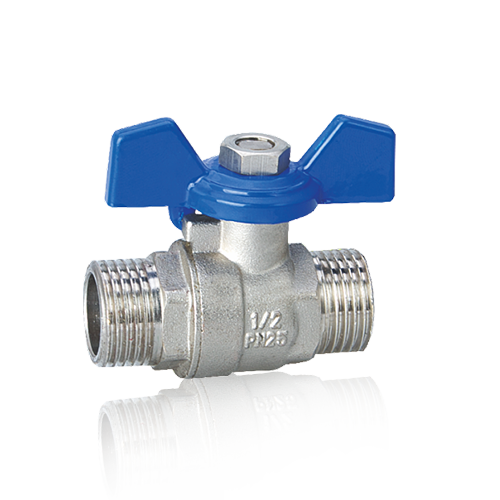A Brass Gas Valve has many advantages over a copper valve. Not only does brass look better than copper, but it is also stronger and more efficient in hot temperatures. A copper valve is not as effective in cold temperatures. Whether you need a brass or copper valve, you will find one that meets your needs. Learn about the benefits of each and choose the right one for your application. Here are a few examples. But how do you know which type is right for your project?
Copper and brass are both strong, ductile, and lightweight materials. But these materials have their own distinct advantages and disadvantages. They are designed to meet the highest quality standards and are suitable for a wide variety of industries and applications. Paying attention to the differences can improve the efficiency of your system and application. The advantages and disadvantages of each material should be weighed before deciding which to use. This article will introduce the benefits of copper and brass valves.
Regardless of their properties, copper and brass valves offer their own benefits. The differences between the two materials range from their looks to their abilities. While both materials are strong, there are some advantages and disadvantages that you should consider before making a purchase. Knowing these characteristics can help you choose the right valve for your application and improve your system's efficiency. You may want to explore the different benefits of copper and brass gas valves.


A brass ball valve, for example, is a forged brass design with a chrome-plated forged brass ball. These brass ball valves are designed to meet industry standards and are ideal for residential and commercial installations. The versatility of these products is also a plus. They are small and can fit into a tighter space than a conventional cast iron valve. These benefits make them a better choice in the long run.
While brass is stronger and more durable than copper, the metal itself has its own set of advantages. It can handle extremely high water temperatures, while bronze can't stand the cold. Additionally, it's resistant to corrosion, which is an important feature for plumbing products. These valves also work better for industrial applications. Unlike copper valves, brass gas ball valves are easier to install and use. If you're building an industrial plant, you can purchase a Brass Gas Valve to meet your requirements.
In addition to copper, brass gas valves also have their own set of advantages and disadvantages. The former is more durable than copper, while the latter is lighter and has better insulation properties. The latter is more expensive than copper, so it's a better choice if you're looking for a valve that won't break or leak. But it's worth considering the benefits of each type of valve before purchasing it.

 英语
英语 中文简体
中文简体 德语
德语 西班牙语
西班牙语











